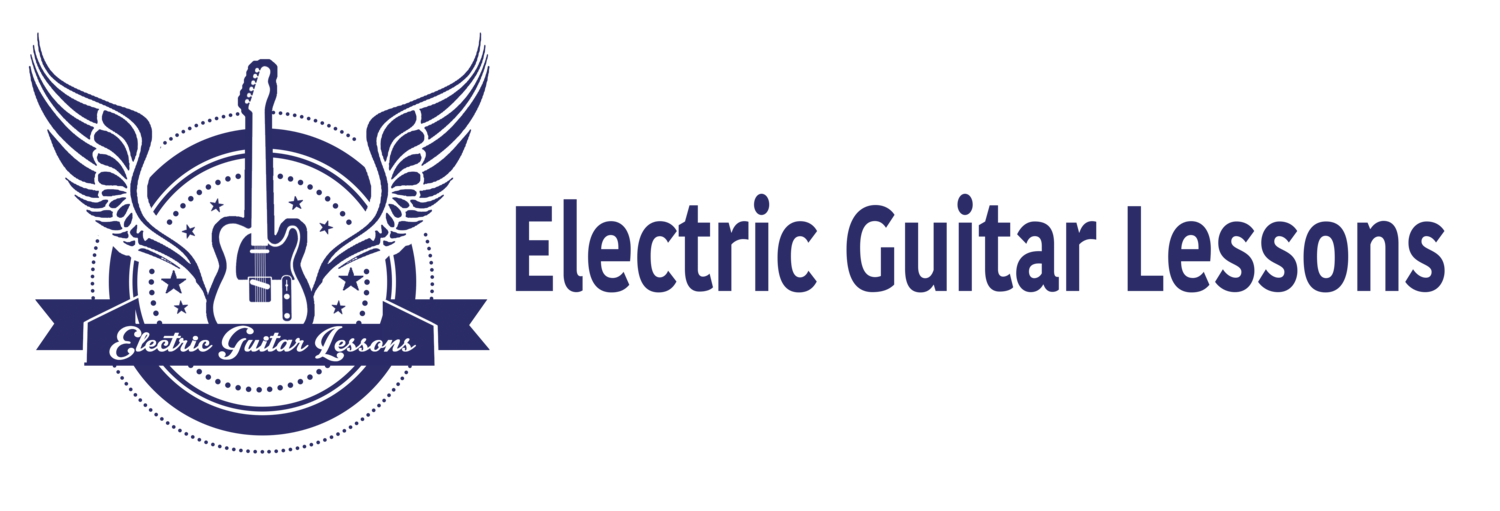I'm sure you've heard musicians talk about playing by ear and not by theory. Music theory seems to be undervalued in this statement.
Music theory helps you understand and grasp what's going on behind the melody. Pop artists can churn out dozens of songs by just learning the I IV V pattern. Learning theory, however, will give you a deeper insight into music.
The best way to be a musician is to follow your natural instincts. Play by ear, if it works for you. Even the most accomplished players have a basic understanding of the theory.
A foundation of music theory is essential for anyone who wishes to pursue a career in music.
Here, we explain 4 reasons why theory is important and then let you decide whether to pursue it or not.
New ideas are introduced to you
It is possible to expand your knowledge by learning theory. You're highly unlikely to have a deep understanding of music without theory. You are unlikely to succeed in the field unless you're gifted like Jimmy Hendrix.
As you learn and absorb theory, you gain access to new musical possibilities. Your melodies will flow more easily if you understand the dynamics. As you learn the theory, your musical ear will be further developed, and you can build on the basics.
Having an easier time exploring the fretboard
As soon as you become familiar with theory, you can practically see notes all over the board. By seeing the patterns, you can choose any key you like.
A foundational understanding of things is possible. You will then be able to expand your skills and knowledge further. As well as being able to move up and down the board, it provides you with more freedom.
I think that when you go by ear, you have to experiment a lot. Your knowledge bank will grow faster with the theory. Otherwise, you might spend years trying to figure things out on your own.
It becomes easier to communicate with musicians
A new language is similar to learning music theory. You will be able to communicate better with fellow musicians when you are around each other.
In bands or ensembles, especially. Unless you speak the language, you're practically mute, regardless of how well you understand music.
In our guitar lessons, you will get lots of opportunities to play with other musicians to practise your new language.
We don't want to scare you, but here are some practical tips that you can use on and off stage to make your musical life easier. Playing an instrument and communicating better are both determined by your understanding of theory.
The songwriting process becomes more interesting!
You can do so much with your songs if you have vast theoretical knowledge at your disposal. In the end, it's all about blending your knowledge and your skill in a way that's uniquely you.
Your song can be sprinkled with countless ideas from music theory to give it a unique flavor. By getting to know how the different scales blend together, you don't have to spend days or weeks trying to wind up the perfect tonality.
You also come across unfamiliar ideas when you explore the theory more deeply. If you use this knowledge to your advantage as a songwriter, it can make you stand out from the crowd.
Final thoughts
There is no right or wrong when it comes to music. Developing your music theory skills will certainly speed up the process. We have outlined the importance of theory for you.
This is in no way a roadmap to your musical success. However, learning theory can provide a solid boost to your progress. Ultimately, just follow your instinct!
